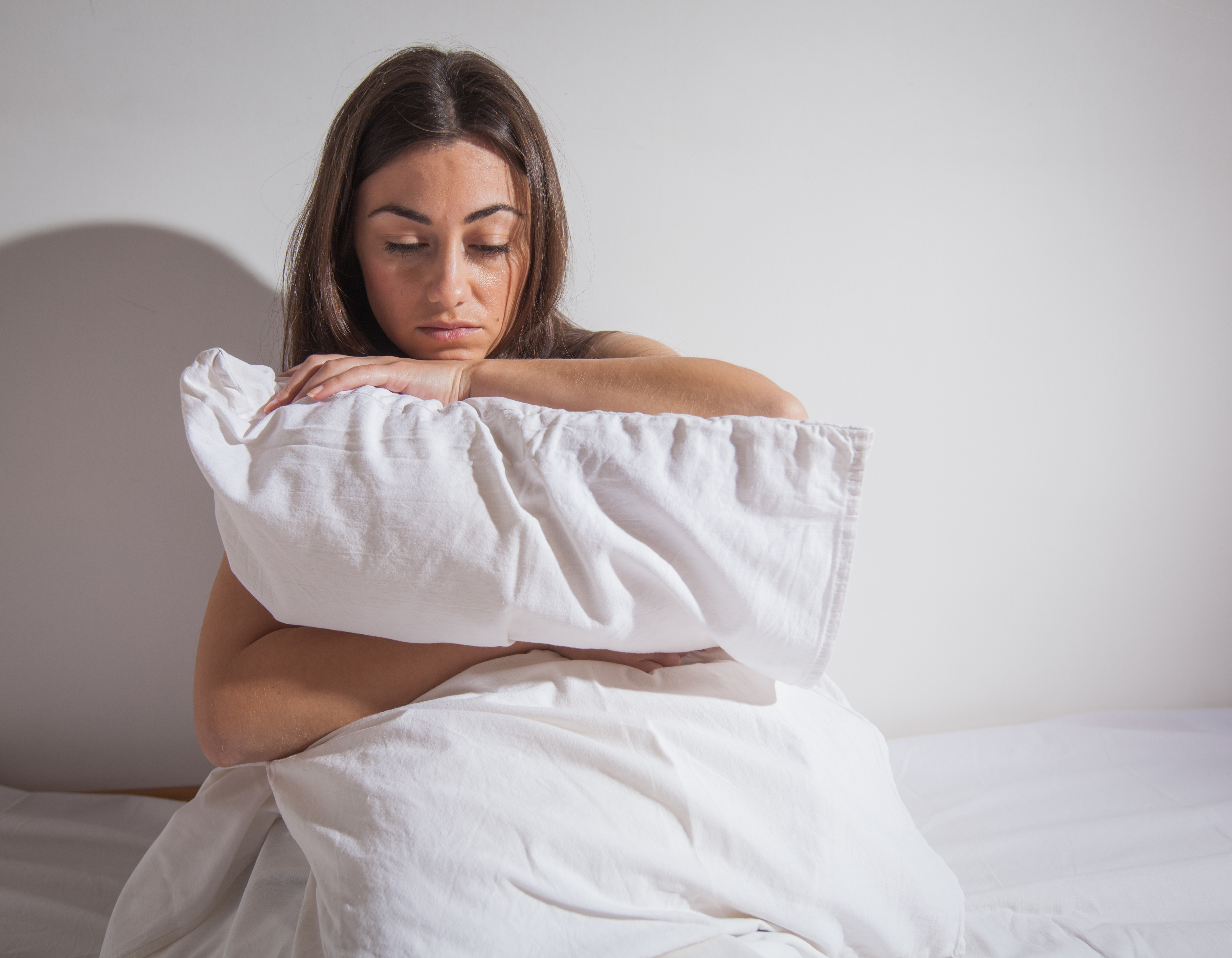According to the U.S. Department of Health and Human Services, nearly three percent of U.S. adults experience bipolar disorder. This disorder is also known as manic-depressive disorder, and like the name suggests, it’s marked with dramatic shifts in mood and energy. It goes without saying that individuals with bipolar disorder are seriously affected by these shifts, and sometimes these individuals require hospitalizations. However, a recent study shows that the use of probiotics may actually help to lower hospitalizations for people with bipolar disorder.
The connection between bipolar disorder and probiotics
In the study published in the journal, Bipolar Disorders, researchers observed bipolar patients over a 24-week period. And what they were particularly interested in was the microbiome of these individuals.
But what is the connection between the microbiome in the gut and bipolar disorder? Research has already suggested that a disrupted microbiome – and subsequent inflammation – can have an influence on mood disorders.
Therefore, researchers observed 66 individuals with bipolar disorder who had been discharged from the hospital.
33 subjects were given placebo, while the other half was given two probiotic species: Lactobacillus and Bifidobacterium. The researchers wanted to see how these probiotics affected re-hospitalization.
The results were pretty amazing.
Over half of those in the placebo group were hospitalized again, compared to only 24 percent in the probiotic group. Another impressive finding was that the individuals with the highest inflammation levels had a 90 percent reduction in re-hospitalization when taking probiotics.
And even the individuals from the probiotic group who required hospitalization only remained there for 2.8 days, compared to 8.3 days for the placebo group.
This study is small and more research is required to confirm these findings, but it does suggest the powerful impact a healthy microbiome can have on health and wellbeing, including mental health and mood.




